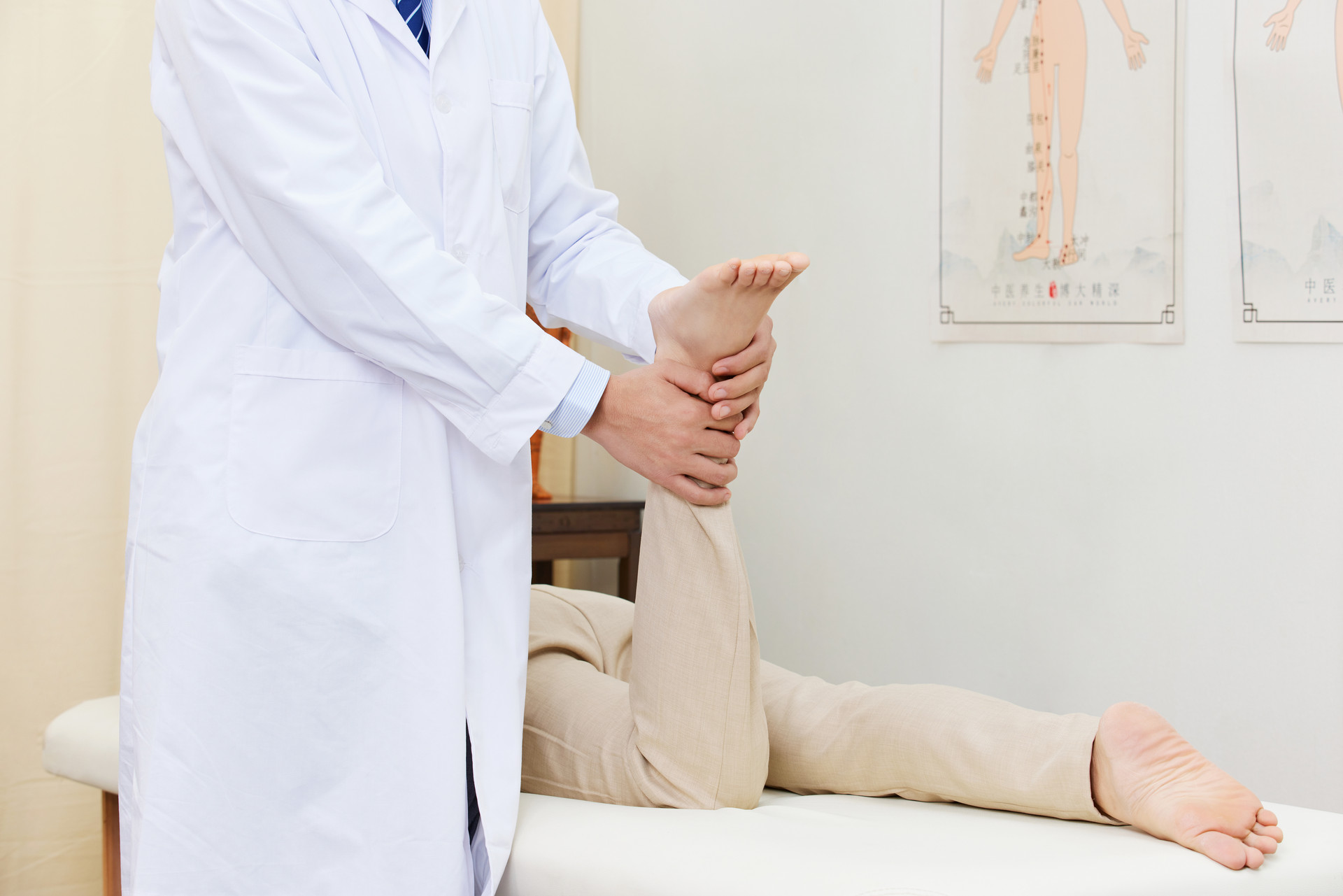
In clinical practice, many patients often hide their illnesses when talking about their diseases, as if having a male disease would make them feel ashamed. However, the more burdened their thoughts are, the more difficult it is to treat the disease. In fact, there is a close relationship between many male diseases and mental health. Sometimes, the severity of the psychological disorders in patients exceeds that of the male diseases themselves, leading to the development of "heart disease". In clinical practice, the following five types of male diseases that may be caused by "heart disease" are commonly seen.
Sexual dysfunction: The psychological state of men can affect their sexual function. Almost all male patients with depression have varying degrees of erectile dysfunction. Moreover, sexual dysfunction itself is considered a symptom of depression. These patients may experience low libido, difficulty in achieving or maintaining an erection, premature ejaculation, delayed orgasm, excessive focus on penis length, resistance to sexual activities, and the belief that sexual activity is detrimental to kidney health. They may also show excessive enthusiasm for traditional Chinese medicine remedies for kidney health.
Male infertility: In the past half century, unhealthy lifestyles and changes in the natural environment have led to a significant decline in male semen quality, causing many men to worry about their reproductive health. Men who have difficulty conceiving often experience anxiety and depression. They also excessively focus on the appearance and smell of their semen, as well as fluctuations in certain physical and chemical indicators. Some even demand frequent examinations of their semen quality.
Chronic prostatitis: Psychological factors are one of the important risk factors for chronic prostatitis. Anxiety and depression can worsen the symptoms associated with male prostatitis. In addition to typical symptoms such as frequent urination, urgency, and pain in the lower abdomen and perineum, these patients may also show emotional depression, slow thinking, reduced speech and movement, as well as unexplained muscle tension or pain.
Male menopausal syndrome: Menopause is an inevitable process in the journey of life, marking the transition from maturity to aging. Most men go through this phase without any clinical symptoms. However, some middle-aged and elderly men may experience clinical symptoms and signs similar to those of menopausal syndrome in women. They may exhibit significant physical weakness, lack of concentration, memory decline, pessimism, decreased libido, and melancholy.
Sexually transmitted diseases: Common sexually transmitted diseases include AIDS, gonorrhea, syphilis, and genital herpes. In clinical practice, we often encounter patients who have excessive fear of contracting these diseases. These patients themselves may have symptoms of obsessive-compulsive disorder or cleanliness phobia. They may worry about contracting sexually transmitted diseases after occasional unsafe sexual behaviors or using public facilities such as park benches or hotel towels. They become anxious and unable to lead a normal life, even if tests rule out the possibility of sexually transmitted diseases, their psychological symptoms cannot be completely relieved.
In the face of these "heart diseases" in male patients, the following suggestions are proposed: 1. Guide male patients to establish a correct understanding of diseases and provide disease education to reduce their fear of diseases. 2. Use relevant medications in a timely manner. Depending on the severity of their symptoms, appropriate antidepressant medications can be used. In addition, traditional Chinese medicine treatments that regulate the liver and relieve depression, such as chai hu, bai he, peppermint, and he huan hua, can be used as a complementary treatment. 3. Patients with significant psychological symptoms should seek help from professional psychologists at an early stage.










